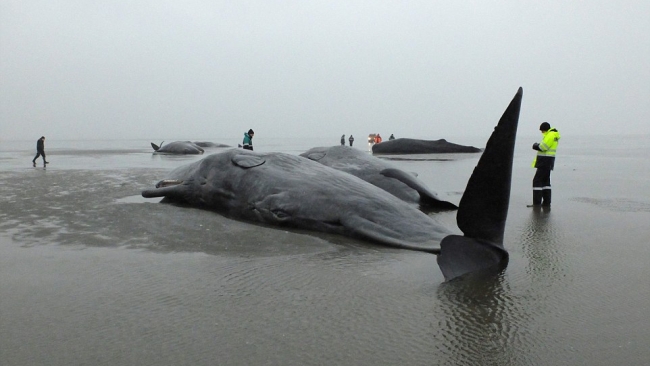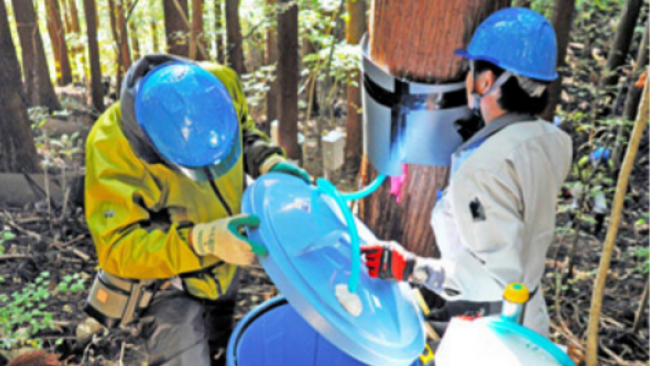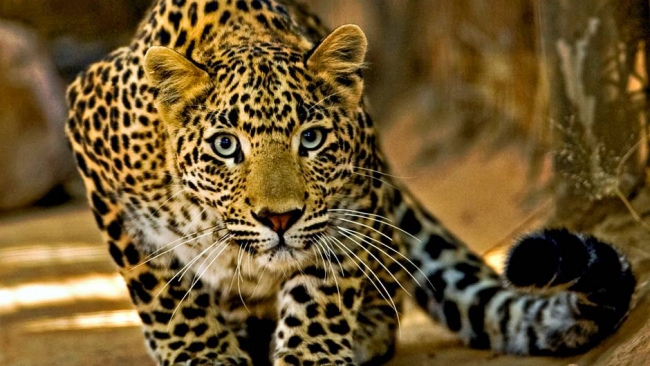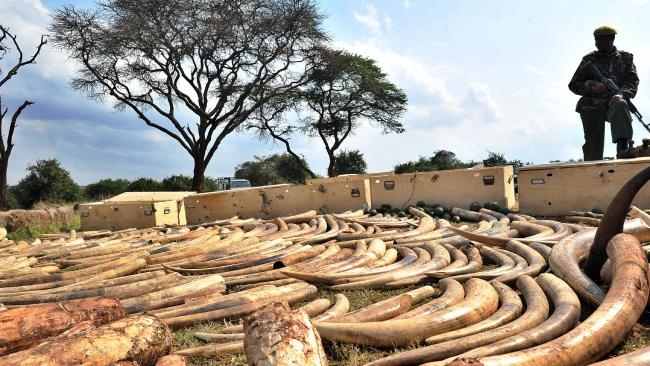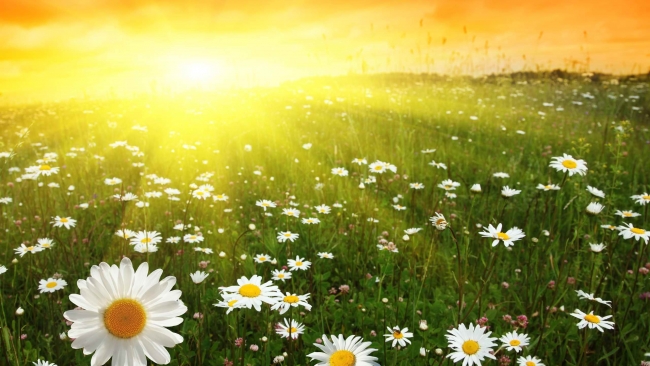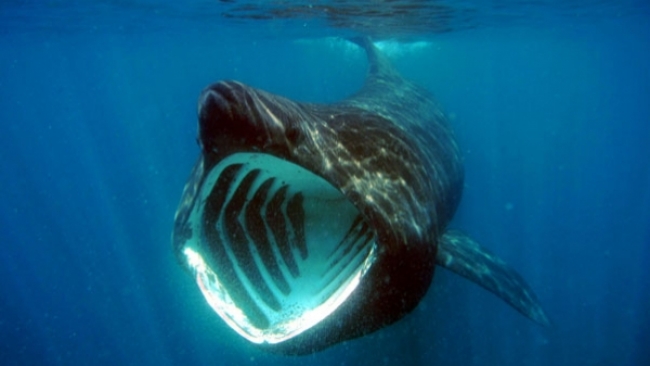Plea to conserve Cape wetlands
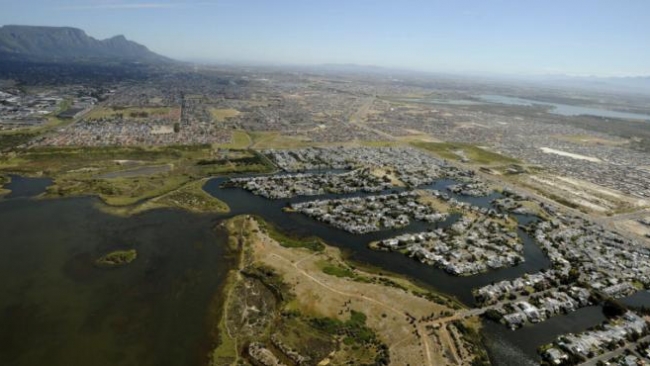
Wetlands continue to face threats from erosion, invasive alien plants, pollution, indiscriminate development, overgrazing and the current countrywide drought.
The battle for wetland survival has been highlighted by environmental bodies as the global community marks World Wetland Day today.
This year’s World Wetlands Day theme, “Wetlands for our future: Sustainable Livelihoodsâ€, aims to help spread awareness about the importance of wetlands and demonstrate the role in sustainable development goals.
In the last Western Cape State of Biodiversity Report, it was revealed that 71 percent of the wetlands in the province are threatened – either critically endangered, endangered or vulnerable – compared to 51 and 65 percent respectively at the national level, CapeNature chief executive Razeena Omar said.
“In light of the current water shortage, there’s no better time to ensure we have healthy and functioning ecological infrastructure. This includes not only our rivers and streams, but importantly also wetlands because these ecological systems act as water-holding and water-producing devices which provide clean, safe water to our dams and ultimately the end consumer,†Omar said.
While wetlands have often been referred to as wastelands in the past, Omar said, they are in fact among the most productive ecosystems in the world.
“Wetlands play an important part in river catchments by contributing to flood attenuation (mitigation), drought relief, water storage and filtering, and soil protection,†he said. “With floods and droughts predicted to intensify in the future, it will make it increasingly important for landowners to keep their wetlands healthy as they can cope with these extreme conditions. It is important that we continue working to mitigate against the threats to this ecosystem service.†Omar added.
The Council for Scientific and Industrial Research (CSIR) said a considerable threat to the sustainability of wetlands in South Africa is contamination through pollution.
The council says the deterioration and loss of wetlands will lead to a reduction or loss in biodiversity, as the plants and animals that are adapted to wetland habitats are often unable to adapt to new environmental conditions or to move to more suitable ones.
CSIR aquatic ecotoxicology and limnology researcher Leanie de Klerk said: “Sustainable development, utilisation and the management of wetlands is non-negotiable for improving the quality of life and human health in South Africa.â€
Mayco member for energy, environmental and spatial planning Johan van der Merwe said environmental education was key in the protection of wetlands.
“On this World Wetlands Day, we need the community to join in on the commitment to conserve and manage our unique biodiversity and ecology, while promoting natural areas as community spaces that perform vital ecosystem services, recreational and social functions. We need to embed environmental and sustainable thinking into everyday thinking,†he said.
Source: IOL
Tue 2 Feb 2016 at 08:33
